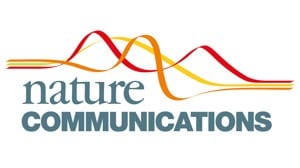Science is crucial for evidence-based decision-making. Public trust in scientists can help decision makers act on the basis of the best available evidence, especially during crises. However, in recent years the epistemic authority of science has been challenged, causing concerns about low public trust in scientists. We interrogated these concerns with a preregistered 68-country survey of 71,922 respondents and found that in most countries, most people trust scientists and agree that scientists should engage more in society and policymaking. We found variations between and within countries, which we explain with individual- and country-level variables, including political orientation. While there is no widespread lack of trust in scientists, we cannot discount the concern that lack of trust in scientists by even a small minority may affect considerations of scientific evidence in policymaking. These findings have implications for scientists and policymakers seeking to maintain and increase trust in scientists.





